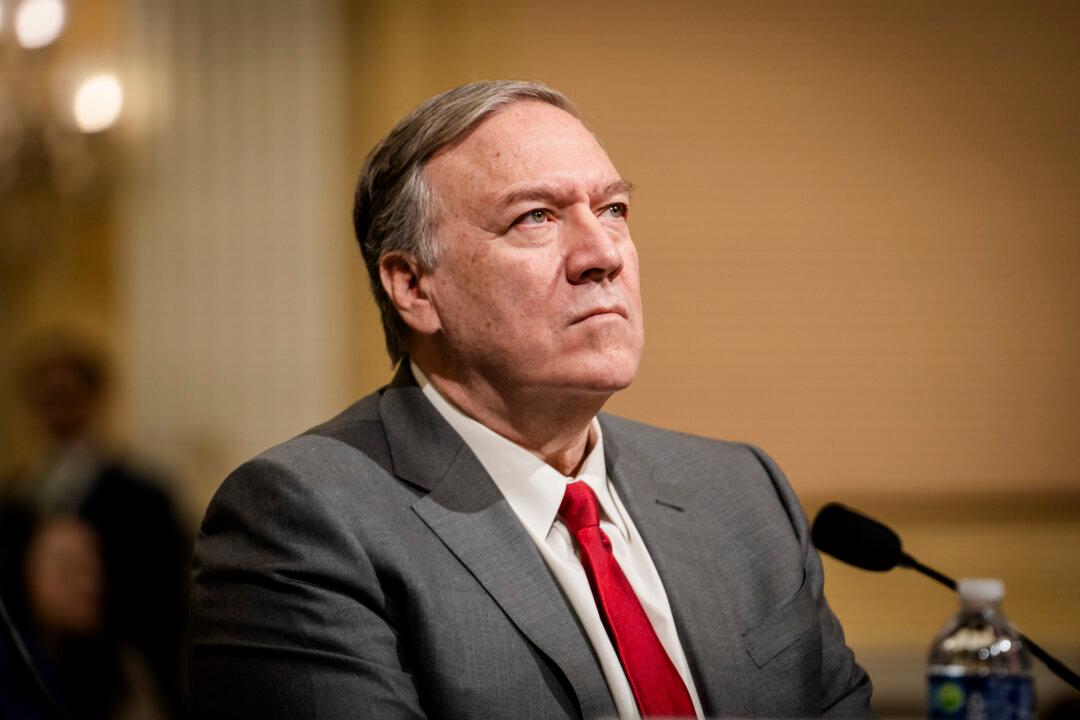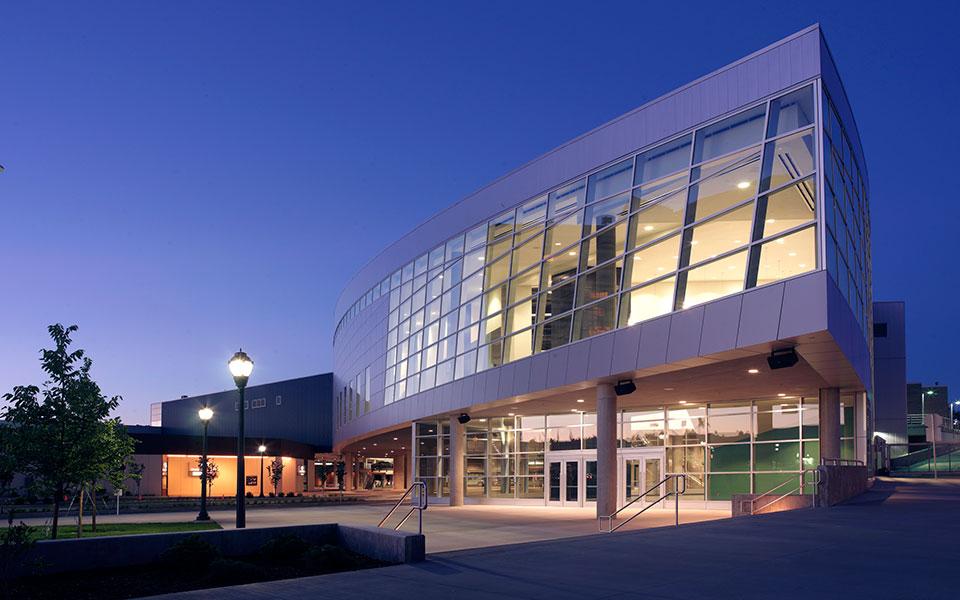The Seattle Police Department (SPD) investigated 50 homicides last year, the most homicides in the city in 26 years.
This was an increase of 61 percent compared to the 31 cases in 2019. Law enforcement personnel cited issues such as ongoing protests as well as officials actively limiting police power.




